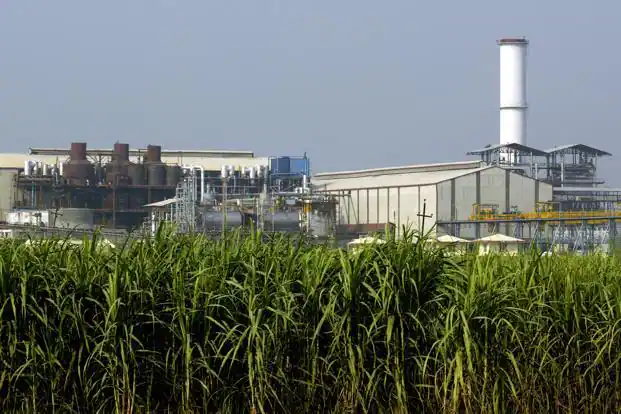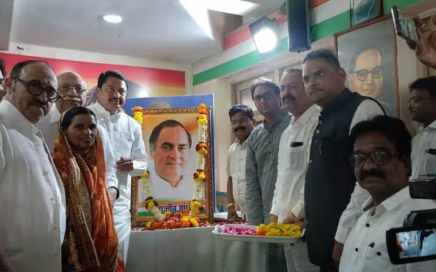Nagpur: Satish Deshmukh, the President of the Forum of Intellectuals, has revealed a concerning information gap within the Sugar Commissionerate office in Maharashtra. The office reportedly lacks data regarding the number of sugar mills in the state that have engaged in ethanol production. Deshmukh’s pursuit of this information through an application filed under the Right to Information (RTI) Act has yielded no results, even after an appeal and a subsequent hearing held in August.
The absence of data not only affects the transparency of Fair and Remunerative Price (FRP) distribution by sugar factories to farmers but also raises questions about the connection between ethanol production and FRP certificates issued through the Jaikara Sugar Mills public extract software program. Deshmukh highlighted that while some factories, such as Vasantdada Sugar, have reported significant increases in ethanol content — resulting in revised FRP certificates– many others remain unaccounted for in this regard.
VSI (Vasantdada Sugar Institute) has revised FRP certificates for 121 factories, indicating that ethanol production holds a noteworthy influence on FRP calculations. Notably, the introduction of ethanol has led to fluctuations in published extract percentages. For instance, the Natural Sugar public extract has seen an increase of 3.931% due to ethanol, resulting in a peak published extract of 11.5134. Additionally, the Dr. Vikhe Patil Cooperative Sugar Factory witnessed a change in extract from 6.794% to 10.868% as a result of the ethanol content.
In a broader context, Maharashtra has prohibited the establishment of new cooperative sugar factories since November 6, 2002, leading to a halt in new factory construction for nearly 21 years. A significant portion of the existing 188 cooperative factories– 101 to be precise — are operational, while the fate of the remaining 87 factories varies, ranging from bankruptcy to closure or privatization. This predicament has ignited concerns about the ownership rights and shares of numerous farmers associated with these factories.
The questions raised by Deshmukh emphasize the need for increased transparency and accountability within the sugar industry, particularly in relation to ethanol production, FRP calculations, and the welfare of farmers whose livelihoods are intertwined with the functioning of these factories.

















